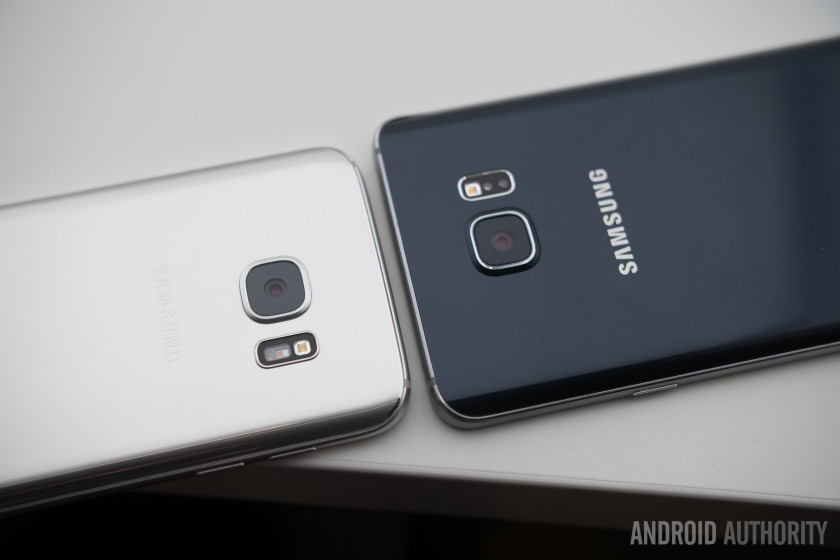Based on materials from android-softwares.com

The cameras in today's smartphones are as good as ever. This does not mean that it is time to throw your DSLRs out of the windows. But, nevertheless, the improvements in the photographic part of smartphones that have appeared recently are quite noticeable.
However, even with the most beautiful camera, flaws still remain in the pictures. They are called 'photo-response non-uniformity' (PRNU), in other words, this is what we call noise. The appearance of such disadvantages is associated with the imperfection of the camera, which is laid in it during the production process. Perhaps you swore at the noisy pictures from your smartphone, but did not even know that the subtle and imperceptible to the human eye differences between the noises produced by each specific camera have become the object of special study.
Scientists from the University of Buffalo conducted a study. They reviewed over 10,000 photos taken with 30 iPhone 6s and 10 Samsung Galaxy Note 5. It usually takes 50 shots to determine which particular camera the photo was taken. When testing smartphones, researchers were able to give an answer with an accuracy of 99.5% with just one photo.
The results of the observations were shared by the head of the study, Kui Ren:
“There are no two identical smartphones, just like there are no two identical snowflakes. Every device, regardless of manufacturer and build, can be identified through a pattern that forms microscopic imperfections that appear in every photograph taken with that device. This is akin to determining which weapon was fired from a particular bullet, only we compare photos and cameras of smartphones. '
The study recognizes variations in the sensor of each camera in order to correctly identify them. Among the factors the scientists looked at was how smartphones' cameras render colors brighter or darker than average. The human eye cannot discern that the noise pattern for each camera will be different, but this is so, and special filters can catch this.
The researchers say the process of identifying this pattern could entail a new form of authentication. For example, a buyer sends a reference photo of a QR code to a bank or seller. The photo is analyzed to determine the camera-specific flaws in it. Then, when a person wants to withdraw money or make a purchase, he takes another photo of the QR code. If the photos match, a transaction is made.
The threat of hacking always remains relevant, but scientists say that this method can just prevent hacking. An attacker can get a PRNU from a photo, but doing so will damage the embedded model signal in the QR code.
At first glance, it looks promising. But already now it is possible to predict the difficulties that technology carries. Phones are stolen and stolen every day. And relying only on this method of authentication means knowingly agreeing to a huge number of incidents. Combining it with fingerprints, iris scans, or pin codes can work well. It also raises questions about the need to carry a smartphone with you all the time, and to set up the recognition operation every time you buy a new smartphone.
What do you think about the prospects of such technology? Does it have a right to life, or what you read only makes you want to joke about 'British scientists'?
